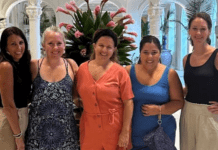Our family is not designed to stay put.
This may ruffle some feathers, but I’ll say it: when we sensed that our geographic area was going to be shut down due to the novel coronavirus, we made a series of plans for how not to stay put. Had our circumstances been different, we may have been able to hunker down, but we live in a condominium building and have an only child whose affect deteriorates when she cannot learn from and experience the world around her.
For our family, a change of scenery provided enough positive value to outweigh the risks, expense, and logistics of travel.
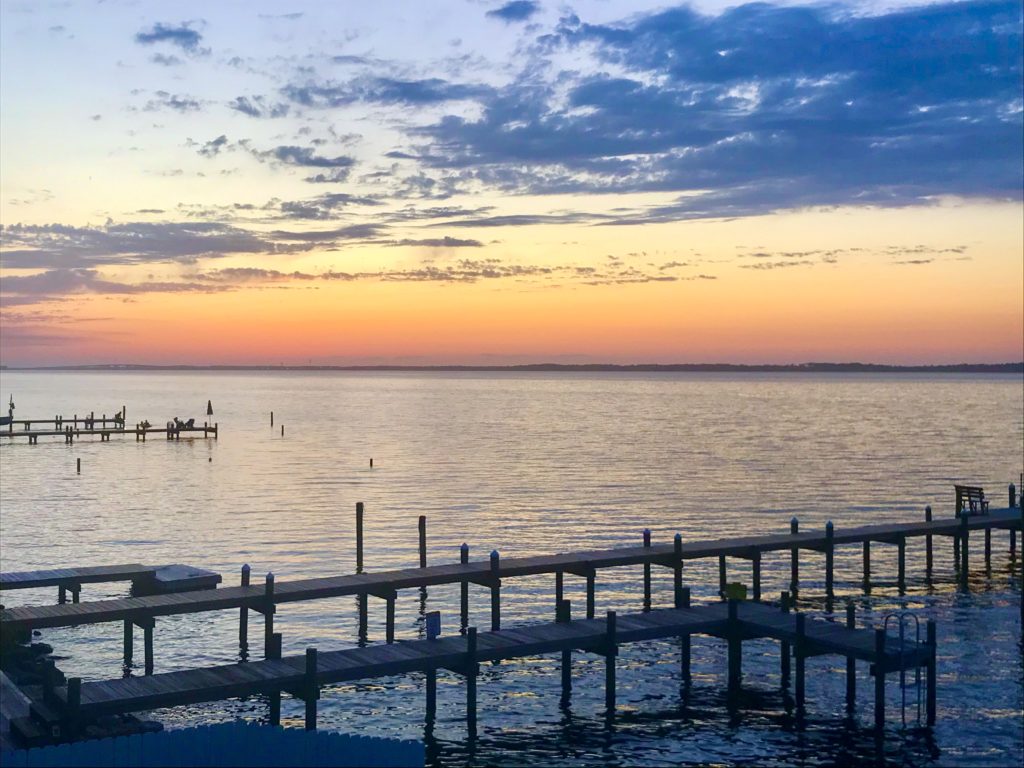
More than a week before the official “New York on PAUSE” decree, we calculated that our family risk vs. reward scenario (and international travel bans) ruled out our annual spring break trip to Turks and Caicos, but did allow for a 17-hour road trip to a sparsely populated region of my husband’s native Florida. Knowing the virus had already spread throughout the United States, we made calculated choices to protect ourselves and others from the asymptomatic spread. So instead of staying in a hotel near many people, we opted for long-term (seasonal) rentals of pet-friendly houses with private pools, which were at the time on deep discount because many people had stopped traveling.
This turns out to have been the best decision we could have made during this crisis. The sunny weather was a total mood enhancer, and the atmosphere helped to shield our daughter from the stressful aspects of the global pandemic. In a private house, we cooked for ourselves and essentially sheltered in place except for nature walks and other outdoor activities, such as going to open beaches, state parks, and private boat trips captained by my husband.
Our season in the south turned out to augment our seven-year-old daughter’s science education by exposing her to hands-on learning about different animals and landforms in the areas where we were staying. Nature was a much bigger draw for us than the 24-hour news cycle. We were even able to follow all of the cleaning and physical distancing protocols we would have used if we had stayed in New York.
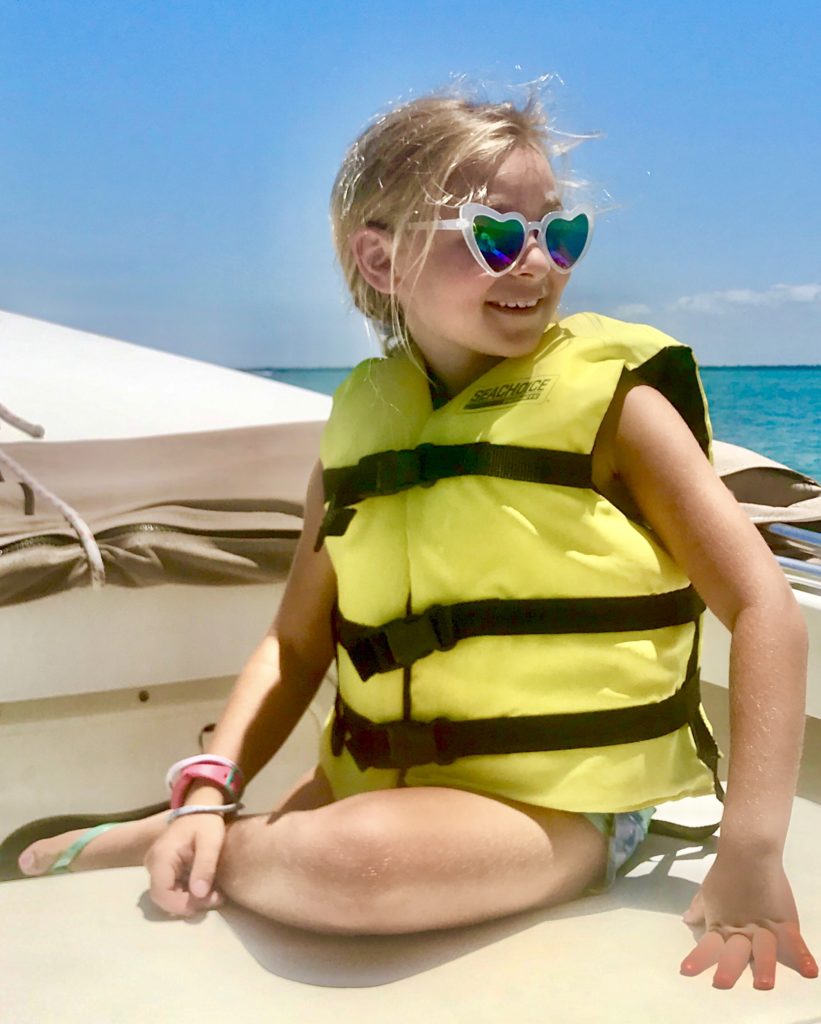

A few minor extra steps that help us reduce expenses and stress during vacation home experiences begin with how we search for our vacation home. First, make sure to act early and know that this is how you want to spend your time during a crisis because once a few people get the idea, demand rises, and so do the prices.
Then, when you’re in the process of finding a place to stay, don’t just do a simple travel website search without shopping around if money is at all a concern. Vacation home websites such as Air B&B, VRBO, etc., can be informative because they can help you find the type of vacation home you’re looking for. These websites can also give you a sense of how well-managed and clean the home is kept. However, anyone who has rented a home from one of these sites is aware of the exorbitant fees that a traveler pays to rent a home through a third-party aggregator. But many people don’t know that many of the homeowners and/or managers of the advertised homes have their own website through which they will rent the property to you, eliminating booking fees that can amount to several hundreds of dollars that the travel sites charge. A prospective renter needs only to find the name or title of the property, do an internet search for it, and contact the owner directly.
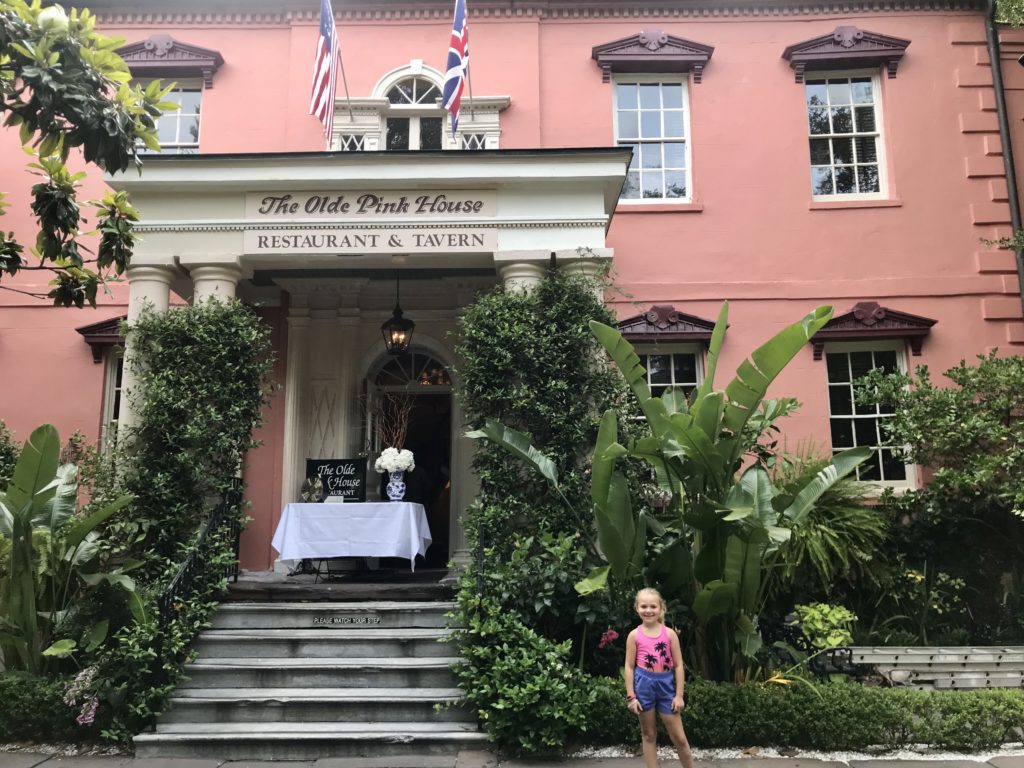

Travelers may think, “but wait, doesn’t renting through one of these travel sites insulate me from problems I may run into with the home?” My answer is that to exercise extra caution, be sure to rent from an established owner who uses a reputable property management company because they are equipped (and paid a hefty percentage of the price of your lease) to handle any issues that may arise, and ensure that the property owners are renting properties pursuant to all local laws and codes. Our extensive experience using this method has been overwhelmingly positive and without much extra work.
Finally, I urge those of you who rent homes to be good citizens even as you’re relaxing and having a good time. As a person who has been on both sides of the landlord-tenant relationship, I will say that it’s much easier for both parties if a tenant takes a few small steps to care for the rented property than for the landlord to fix the problem and then withhold a security deposit.
One way we make extra sure not to damage furniture in our rental property is that we always travel with a few sets of king-sized sheets to cover any upholstered sofas and chairs to ensure minimal wear and tear to furniture. As pet owners, we realize that although our pets are well-behaved, it’s possible that they can behave differently when exposed to the stress of being suddenly placed into a different environment. This same sentiment can be applied to children, too. (Incidentally, this layer of protection also works in the reverse because one never knows who or what may have sat on that sofa before us no matter how well it has been cleaned).


I also recommend that you spend some time at the beginning of your trip reading and communicating to your children the information contained in the binder or website the vacation home provides explaining the house rules, and how various features of the house work. This way, your kids will understand what is expected of them and are less likely to damage someone else’s property or worse, get injured on vacation. These binders and/or websites also typically provide a list of surrounding services such as medical care, grocery stores, etc. I’m proud to say that as a result of a little preparation time spent on the front end, our family has never had a damage deposit withheld from us as a result of a vacation home stay.
In addition to following the “house rules,” we also make sure to familiarize ourselves with local laws and customs (which these days seem to be changing by the hour). One example is that by the time Florida had issued a two-week “quarantine” that people coming from the New York area had to follow, we had already been in Florida for over two weeks. We did follow a “shelter in place” lifestyle for two weeks on our own volition before the decree was issued. However, knowing that our car with New York license plates may be pulled over, we needed a way to prove that we had already been in Florida for that duration. So we printed a copy of our vacation home reservation and an e-mail exchange with the management company that verified our arrival date. When we inevitably got pulled over, we showed the officer this information and were let go with no hassle and friendly tips on where to get the best take-out seafood.
Finally, I want to be clear that only you can decide whether travel during a pandemic is right for your family. Our family’s risk tolerance is higher than most owing to our good health, small family size, and age of our child (almost 8). We also have considerable experience in planning various logistical scenarios due to several rounds of hurricane evacuation trips (or as we have come to call it, “e-vacations”) from years of living in New Orleans. But there is a first time for everything, and experience has been our greatest teacher.
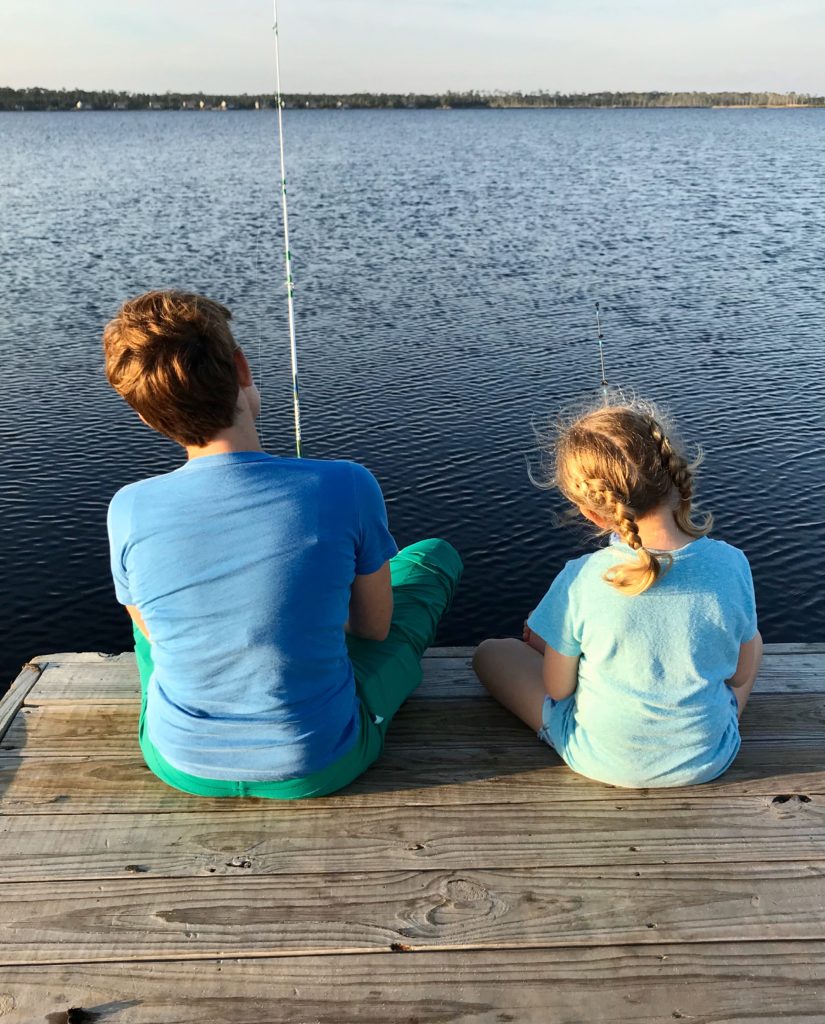

So if you are thinking about traveling to take your mind off of this or a future “situation,” you’ll now not only avail yourself to creating opportunities for some learning and fun during an overall negative and tragic situation, but you will also be more prepared to be a “good citizen” while doing so.













